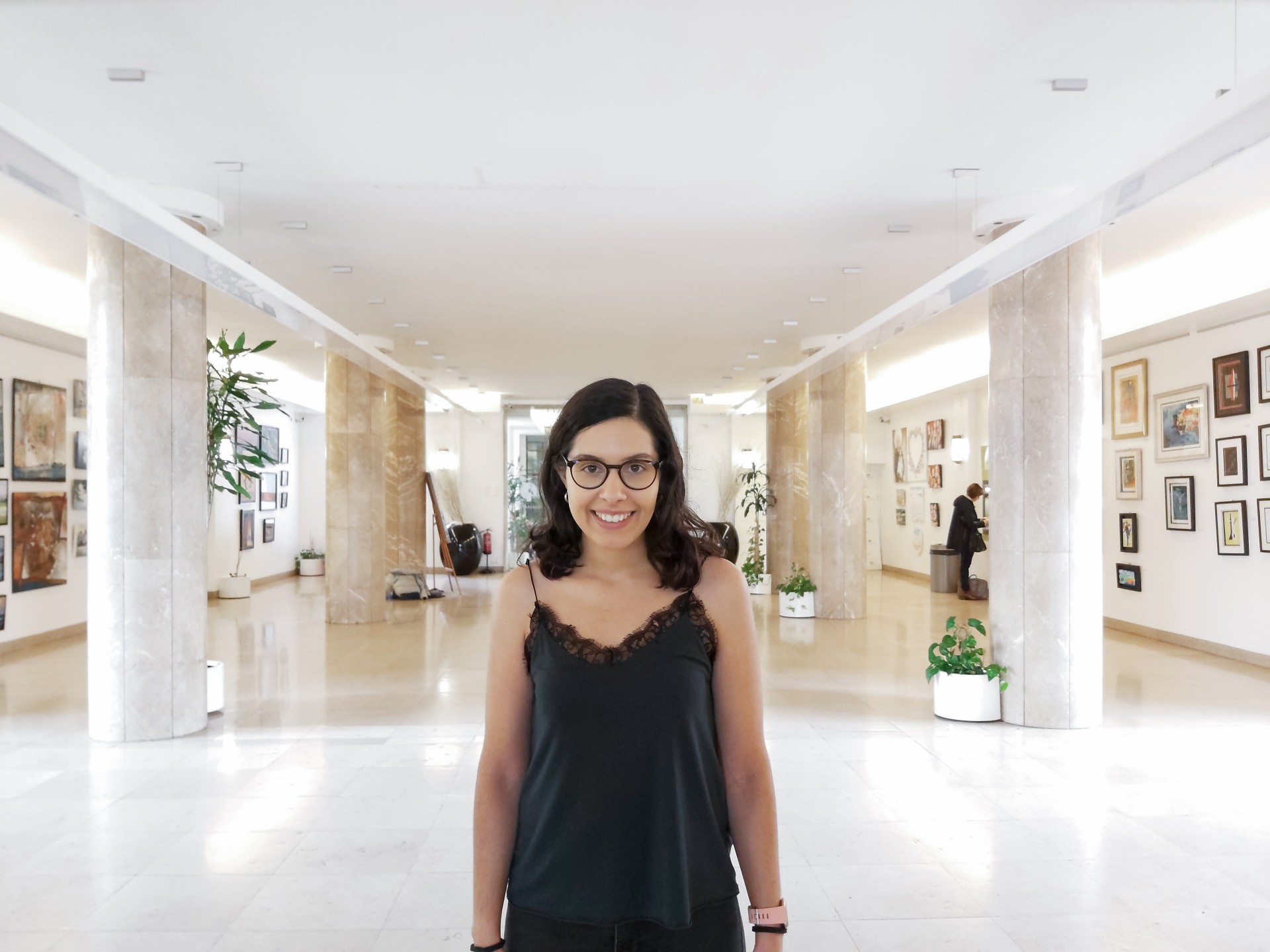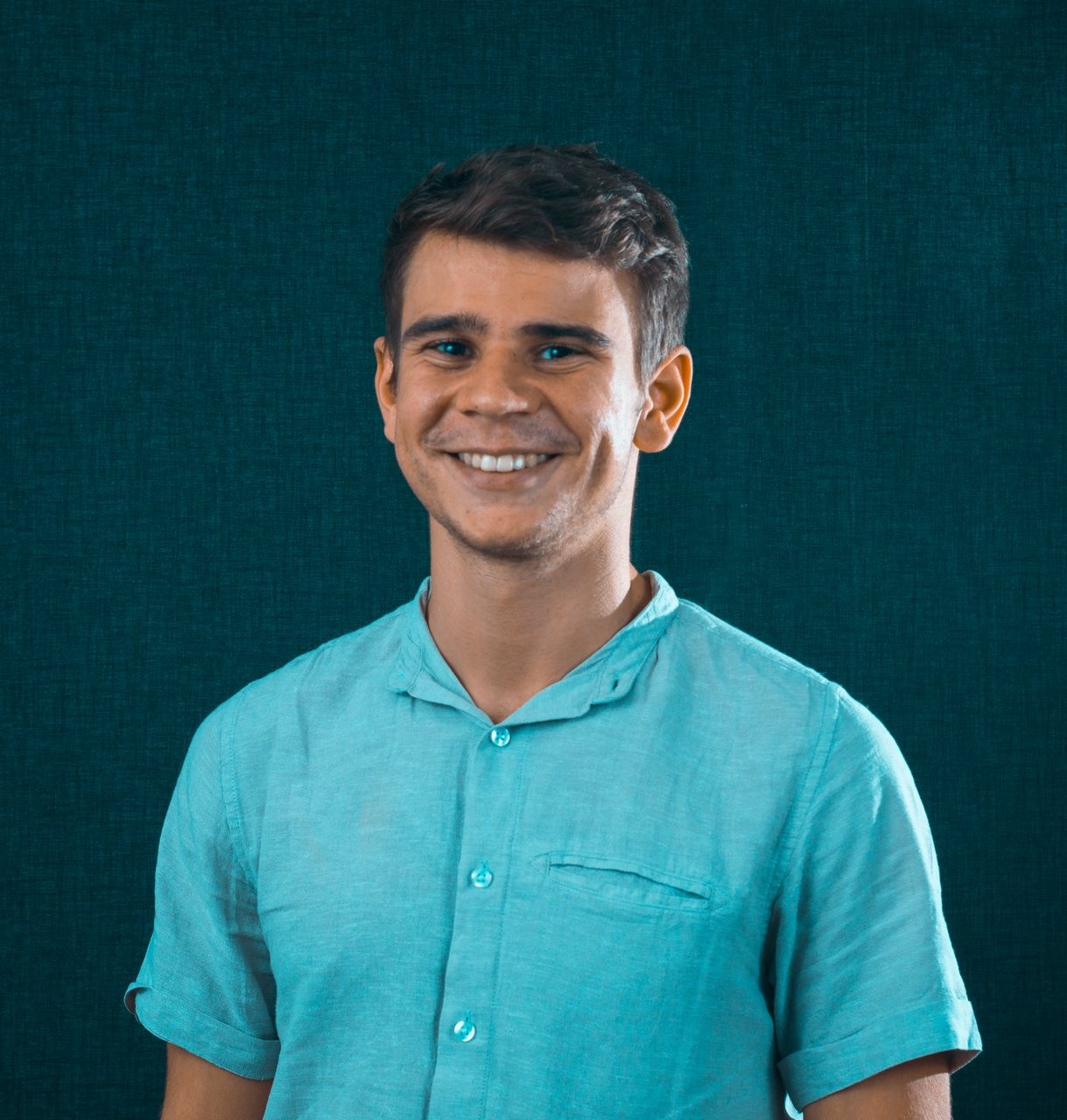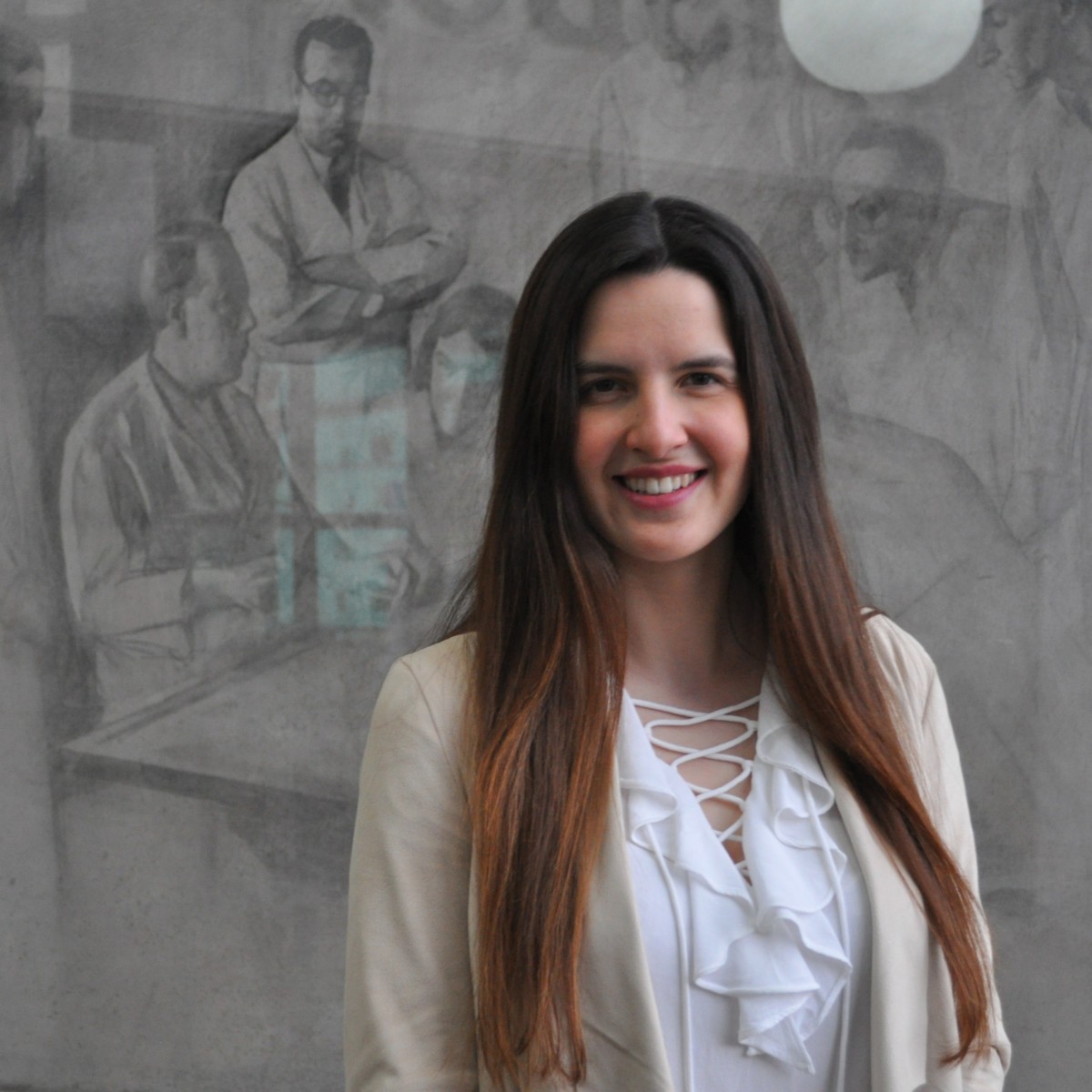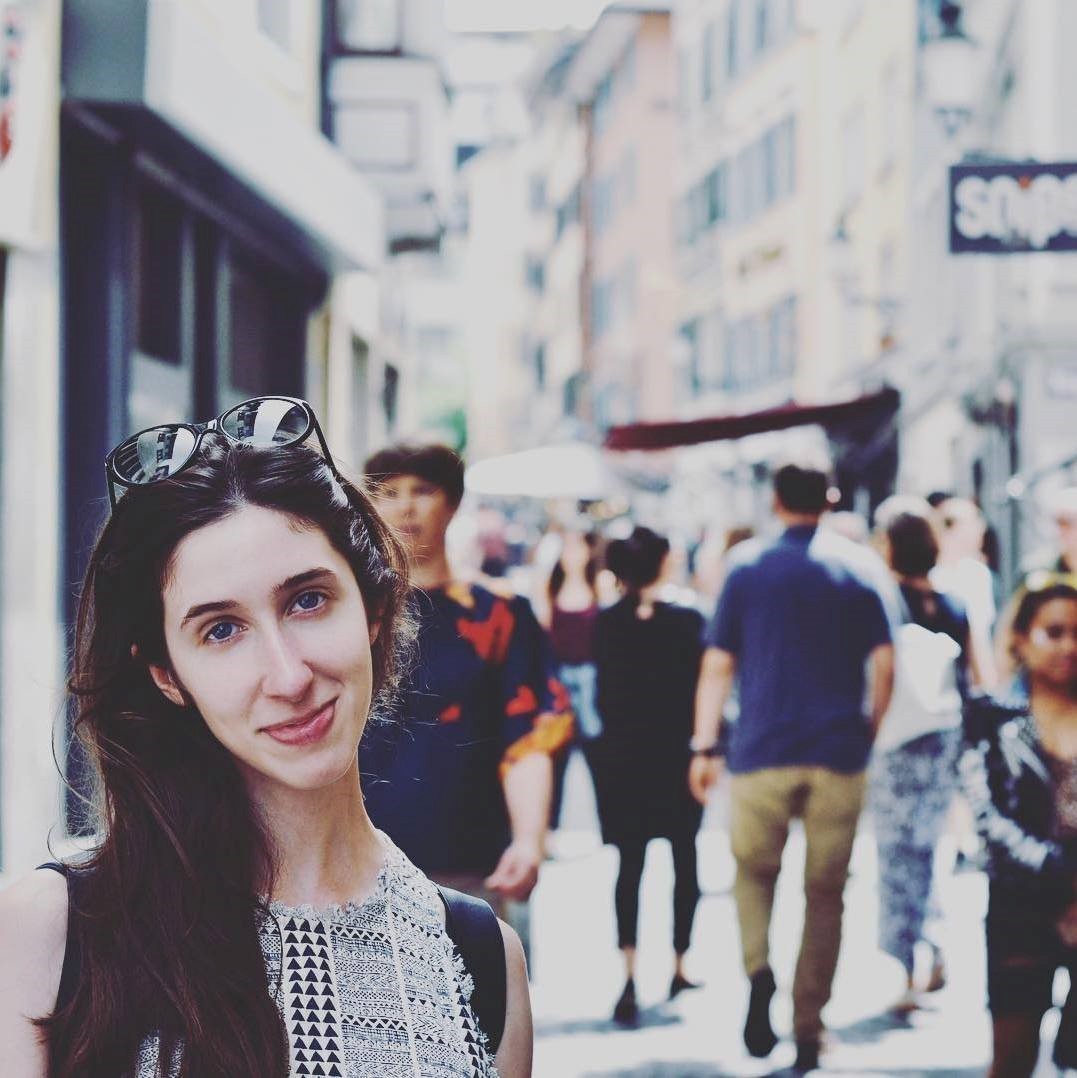We met some of the medical students who are in year 6, starting the study period that will take them to the National Exam to Access Specialized Training in November 2020. What is the path of a year that is mostly done alone, what feelings are triggered at this moment prior to the decision of their careers, or what study methods help in gaining so much knowledge, were some of the questions we asked them. Some requested anonymity, others did not care about exposure. What matters is getting to know them, because it is their first-person account that really tells what they go through, of which generally little is known publicly.
However, conclusions are already drawn. Few want to leave the country, few cope well with the excessive competition that leads to excessive pressure. All have dreams and only a few are willing to re-evaluate these dreams.
Meet Ana Sofia, Joana, Catarina, Francisco and other students who wanted to give their testimonials. Through these students many experiences are represented here.

What are your routines like when you reach year 6?
Joana Kellen: I am currently doing the internal medicine internship, which is one of the most tiring, but also the internship where I think one learns the most. As I don't live in Lisbon, I wake up around 6am, to get to SMH around 7:30 am. At 8:30 am, I enter the service, collect the blood, see the sick, write the diaries and discuss them with my supervisor. The departure time is very variable. On average I leave between 1:00pm/2:00pm, but sometimes I leave later and without lunch. It all depends on the number of patients, whether there are students in class with my supervisor, whether the results of tests take longer to be known, or whether there is a Journal Club, or clinical session. I leave and usually run to catch the train, it takes about an hour to get home. When I get home, I have lunch and some rest. I resume studying around 3:00pm/4:00pm and finish around 8:00pm. I repeat this routine from Monday to Friday, and on Saturday I usually have NAE preparation classes all day. On Sundays, I try not to study and take the opportunity to deal with my master degree's thesis.
Medical Student: Life in year 6 during the week (Mondays to Fridays) is very much divided between internship and study. In my specific case, my current internship in Internal Medicine starts at 9:00am and always ends between 2:00pm and 3:00pm. As I have 3 NAE preparation classes per week (Mondays, Tuesdays and Thursdays), the “free” time turns out to be necessarily spent studying the subjects of these classes, in order to get some gain from them. However, at least for me, I still find it important, and especially at such an early stage of the study, to take some time, even if it is 1h a day, to devote myself to something I enjoy that is not related to medicine, even if it is just watching a movie or a series.
Ana Sofia Mota: I don't have a fixed routine in the sense that I do the same thing every day. The weeks are all different. However, it is usually pretty much guaranteed that weekday mornings are spent on the internship. Departure time varies from day to day. Sometimes I have to go right away for the little jobs I do. If I have a free afternoon, I always exclude that there will be no event I am interested in attending. It makes no sense to me to be in this city if you do not enjoy the best it has to offer, even at levels far below those of other capitals: culture. Unfortunately, there are afternoons when I also spend considerable time dealing with bureaucracies, such as a document that needs to be signed, a video presentation that needs to be sent, among others. The study is, for now, embedded in the middle. I can't start studying intensely so soon, I'd be collapsing by the time summer is here, and those are the months I consider to be essential.
Francisco Vaz Pereira: The life of a year 6 student contrasts sharply with what we were used to until then. We are distributed across hospitals all over the country, with different supervisors, services and medical specialties, so the internships turn out to be a bit heterogeneous from student to student. However, I think that, for most of my colleagues, the internship takes place in the morning and sometimes a little in the afternoon on a particular weekday service, in which some patients are assigned to them. Every day students accompany their patients, writing their clinical diaries, discharge or entry notes, among others, always under the supervision of a specialized assistant. Unlike other years, there is a great deal of contact with clinical practice, so that, at least personally, I feel really part of the service team, effectively contributing to the well-being of my patients. After the internship, usually after lunch, there is spare time which, as the exam approaches, is increasingly spent between books and slides.
Catarina Bravo: Our days are full of routine: we have the morning internship, which can be extended until 3.00pm-4:00pm, the study and the preparation courses for the National Access Exam, if we are enrolled in one of the schools, which can be during the week in the late afternoon or on the weekend (Saturday all day). And then we have all our normal life - our hobbies, being with family, with friends. It is very important to keep our things going, which give us the emotional stability and support we need to best embrace the year of study and of course face the pressure ahead!

How do you plan the preparation and study for this final exam? Are there joint study methods? Or each one is isolated and spends almost a year studying alone?
Joana Kellen: I have just enrolled in a NAE preparation school, which was not something I wanted (because the courses are extremely expensive), but I realized that I could lose out if I didn't enrol. These companies organize the most important information from the recommended bibliography, which facilitates and optimizes the study. In my view, this makes the system unfair because these classes are very expensive and there are people who can't afford it and end up disadvantaged. I also study with colleagues who are going through the same thing. I think it's good to keep in touch with other exam takers because no one else knows what it is like to go through this experience, so we end up supporting each other when we are stressed or more afraid.
Medical Student: It is difficult to plan such a study, not only because of the huge number of subjects that the exam matrix encompasses, but also because it is a very long period of study (1 year or more). I think that having a matrix always with us is important and it helps a lot to understand what we have already studied or which themes we think we master better and which themes we have yet to study/revise. As for the study method itself, I would say it varies substantially from person to person, but I think contacting other people in the same situation as us (either in a study group or contacting people in Exam preparation classes) is very important – It show us that we are not alone. However, I must add that the fact that having our own internship, with a supervisor and schedule, can often make this situation more difficult, and make us more isolated.
Ana Sofia Mota: I'm still not sure that I will take the exam, but either way, I plan to start increasing the amount of hours spent studying from January onwards. For now, I am becoming more familiar with the type of exam: taking this year's exam and the pilot test, understanding how people studied for this exam and if it was the right preparation method, which materials were worth it and which didn't help at all. For me, rather than starting to study endlessly, I must know that I am studying well. The goal is to make the most of the dedication I will or will not use to prepare for the exam. I have never been too fond of studying in groups, the other people’s stress does stress me out, but that does not prevent me from sharing doubts or asking for advice.
Francisco Vaz Pereira: I think the planning and preparation of the NAE study depends on each person. A few months ago, I was advised to stick to the study method I used during the degree, because that was what worked for me. We must not innovate at the time that matters the most. So, those who usually make summaries of the subjects, I think they should continue to make them. Those, like me, who highlight passages in books in colour, should stick to that strategy. Throughout the year, there are also several companies that help students prepare for the exam and I think many colleagues end up attending their classes and using them to force them to keep up with some study pace. In year 6, I feel that there is some risk of isolation because many students are interns displaced from the faculty. We no longer intersect casually in the corridor, between classes or assignments. An active effort is required to organize meetings with friends and overcome this friendship-defying inertia. Personally, I often join my friends to study somewhere and talk between coffee breaks. Sometimes being next to someone studying even motivates us to continue. It is important to maintain our usual social life throughout the year up to the exam to prevent burnout.
Catarina Bravo: Above all, I think everyone should be aware of what worked best for them over the 5 years of study and stick to it, at least that's what I'm doing. I believe there is no miraculous recipe for study, it is very personal and each person finds his own. And by choosing it, we have to be sure that we are doing our best and not worrying about whether others are doing differently. As for studying alone or in a group, I think that with so much study time we will have time for everything! There are times when we prefer to be with friends, others when we prefer to be alone and more focused... I think it varies, depending on the mood and on what we are studying!

Did you do the Progress Testing last year? If so, did it help in any way in the preparation?
Medical Student: The idea is definitely very good. I think that, when done well, it can give us students a good idea of the areas of medical knowledge in which we have gaps to fill and the knowledge of each area that a general practitioner is expected to have. It can also help us in our preparation for the NAE. This is, however, the theory. In fact, the Progress Testing was an exam that sought to be similar to the NAE, with clinical cases, but whose formats were not the same as the NAE, but much closer to the exams we usually have at the faculty, such as the Surgery I exam or Medicine II, for example.
Francisco Vaz Pereira: I didn't have a chance to do the Progress Testing last year. However, the feedback I received was generally quite positive. I knew it was relatively well put together and comprehensive, recalling some issues that were forgotten from previous years. Although the questioning style is similar to that of the National Access Exam, the test in its nature does not, however, have the same anxiety potential, so I do not know to what extent it has been a direct advantage. Still, despite the limitations in the sample, the ranking within the Faculty allows us to satisfy the curiosity of knowing where we stand.
Catarina Bravo: Yes, of course! Being exposed to a Test with the same length as the National Access Exam, the same amount of questions, questions on various topics, and still being able to see our position regarding our colleagues overall and our year's colleagues was a very useful exercise, which I hope will become a yearly practice in our School!

What feelings and thoughts go through the head of a person who has been doing his/her best for six years and is facing a test that somehow dictates his/her fate? In the middle of everything, do you aspire to a particular specialty?
Joana Kellen: I don't have an ideal specialty, nor do I know if I want a medical or surgical specialty. I am a person who would be happy with a place in almost anything. I have many varied interests and there are few specialties I don't like. Right now, my goal is to get a place because statistically most people taking the exam won't get a place and this scares me a lot more than not entering x or y. What I feel is that striving to study for the exam today is not enough, even hard-working students may not get what they want. To get a specialty place (something that should be universal and mandatory), we have to be the best of the best. And it's not about being the best doctors, but the best ones to sit exams... it's unfair and only adds to the stress that everyone already feels when taking the exam...
Medical Student: Honestly, it is very difficult to explain everything that one thinks of when facing an Exam that is so important in defining our future. Rationally, I think the overwhelming majority of us think this new exam is much better and more appropriate (if done in the appropriate way) for our assessment than the old "Harrison" exam. However, I think it is also inevitable to be overwhelmed by what this new examination requires of us, as it expects us to master several areas of medicine, with a level of knowledge and clinical expertise sometimes expected from a specialist in the field, not from a general practitioner (undifferentiated or even GFD). Basically, we have to be prepared to answer any question of any imaginable medical or surgical subject and this reality is not exactly comforting, quite the contrary. Added to this is the fact that certain areas in the test are areas in which we have not received training, particularly in terms of clinical contact, over the 6 years of the degree. On top of it all lies the responsibility we feel to do our best, and all what that implies - the hours we will spend studying, the summer holidays we will have to give up, the moments of socializing with our friends and family, which will necessarily be reduced, when in fact we know there is a chance that all this will be 'in vain' and we will come to an end without a place in the access to the specialty. I think it is very hard to manage our emotions, and if on certain days/times we are determined and motivated to achieve our goal, other times our demotivation and doubt about the true usefulness of what we are doing are clear.
Ana Sofia Mota: I am relatively ok about the exam because, first, I don't know if I will do it, as I said. Then, because I don't believe that is what dictates the success I will have in life. It only serves to enter a specialty, and honestly and brutally, I believe that the practice of medicine in Portugal is dying. I grew up in a village with a medical mother at home. I feel I have a romantic idea of what it is to be a doctor, which nowadays is nowhere near reality. I have seen the respect and admiration with which my mother has been treated all these years, answered calls on her behalf and received gifts for her, from live roosters to Vista Alegre jars. I don't even know if I can say this, as it is now believed that any pie offered is stuffed with bribery. I never felt any of it, no one ever did it with that objective. It's the advantage of coming from a simpler, humbler, more generous and much, much cleaner environment. I dreamed one day that everyone simply acted with humanity and said, "Good morning!" to each other. Now I get to the hospitals, the NHS, and (almost) everyone is tired, bored, looking like they will jump out of any window that is open. Should I go mad regarding an exam whose good classification guarantees me entry into this world? We know that no one is thinking about it, every discerning human being knows that a good grade does guarantee entry to a good specialty, which translates into a specialty with space in the private sector, which is where the salaries that keep the Portuguese medical class quiet are. But I don't live well with this idea and neither of my colleagues do, because we started to be too many, right? Everyone wants to do something they really enjoy, to feel happy every day, but we get carried away by the current. We are in a factory of lead soldiers. And the lead soldiers must, certainly, but preferably, fight with the freedom to become mercenaries and to protect their own dignity.
Francisco Vaz Pereira: As it is easily understandable, I think any student feels helpless with the situation of taking a test after six years of the degree, which will undoubtedly mark their future as a healthcare professional. Some reports I heard this year, where some people didn't have time to answers all the questions of the exam, are terrifying for any student who will take the exam soon. Still, I am hopeful that this new case-based examination may more realistically reflect the work over the six years and the contact we had with medical reasoning during the degree. I feel confident knowing that I will give myself completely to the exam, and that its result will be the best I can do, regardless of external factors. The "Specialty Question" is the most feared by any medical student since year 1. The competitive and random content of the exam makes it difficult to compromise on a specialty when we don't even know if we can get it. I haven't had enough contact with clinical practice to feel comfortable choosing a medical specialty, but I know I won't choose a surgical area (which, fortunately for me, is the most coveted). Still, if I had to choose today, I would prefer Paediatrics or Infectious Diseases.
Catarina Bravo: There is some fear, some apprehension, because everything is still very uncertain and our future depends on this uncertainty... But the truth is that studying for this exam can also allow us to know a lot and become better professionals. And it reassures me a lot to think about it and to look at this Exam preparation process as an opportunity to cement a lot of knowledge that I know will make me a better doctor, no matter what specialty I choose (there are several I like).
What are the alternatives if the exam does not allow the desired results?
Joana Kellen: For now, I do not see alternative paths other than to re-sit the exam. I wish I could stay in Portugal near my family and friends. So, going abroad (as many of my colleagues plan to do) is not in my plans. I know I'm not the only one feeling this, most people I know who plan to leave Portugal if they don't have a place just do it because the situation in Portugal is not able to accommodate all students. Many of them, if they could choose, would stay here. Too many people are applying for few vacancies. If I don't get in this year, it's predictably more difficult to get a place next year (because besides those trying for the first time, there will also be people who haven't had a place re-sitting the exam) and so on. This brings much more pressure to get it this year. My other option would be to become an undifferentiated doctor, but I feel it would not be a good option for my best interests and the best interests of my patients. If I get to that point, I will have to leave Portugal very reluctantly, but it will have to be.
Medical Student: It is already a reality that there are no specialized training places for all students leaving medical schools and this means that we have to consider alternatives for our career path. Definitely, the alternative path that I consider the most at the moment is emigration. As hard as it may be to leave our country, our family behind, the truth is that the working and salary conditions of health professionals in Portugal, and in particular in the NHS, are far from ideal and I would even say that it makes the idea of emigrating gain more strength and meaning.
Ana Sofia Mota: For me, the NAE is a plan B. I would go to Paris to be a waitress. It was always something I wanted to try. More realistically, I will emigrate if there is a job opportunity that offers me a better quality of life than what awaits me here. I will study a postgraduate course. In order to do this, I will need to apply for a loan, so I may have to register with one of those private recruitment companies and work as a task doctor. Or I will teach music, or maybe Italian. I will do both at the same time. I will write a book. And finally I would be more available for fashion jobs. My high school biology teacher always said, "You either study or you better get a rich husband!" I am following the first advice, if it fails, I follow the second! (laughs).
Francisco Vaz Pereira: If I don’t get the desired results in the exam, and I cannot get a place in a medical specialty, there are some options for finalists, such as emigrating, pursuing research or working as an undifferentiated doctor. Personally, depending on the grade, I am prepared to repeat the exam the following year if I cannot reach my goals.
Catarina Bravo: If the results are not what I want, one must be open-minded and think of other alternatives, which may include, for example, re-sit the exam, take another specialty or pursue other areas such as hospital management or research. As hard as I imagine it to be, the important thing is not to give up and fight for what we believe is best for us.
Joana Sousa
Editorial Team


